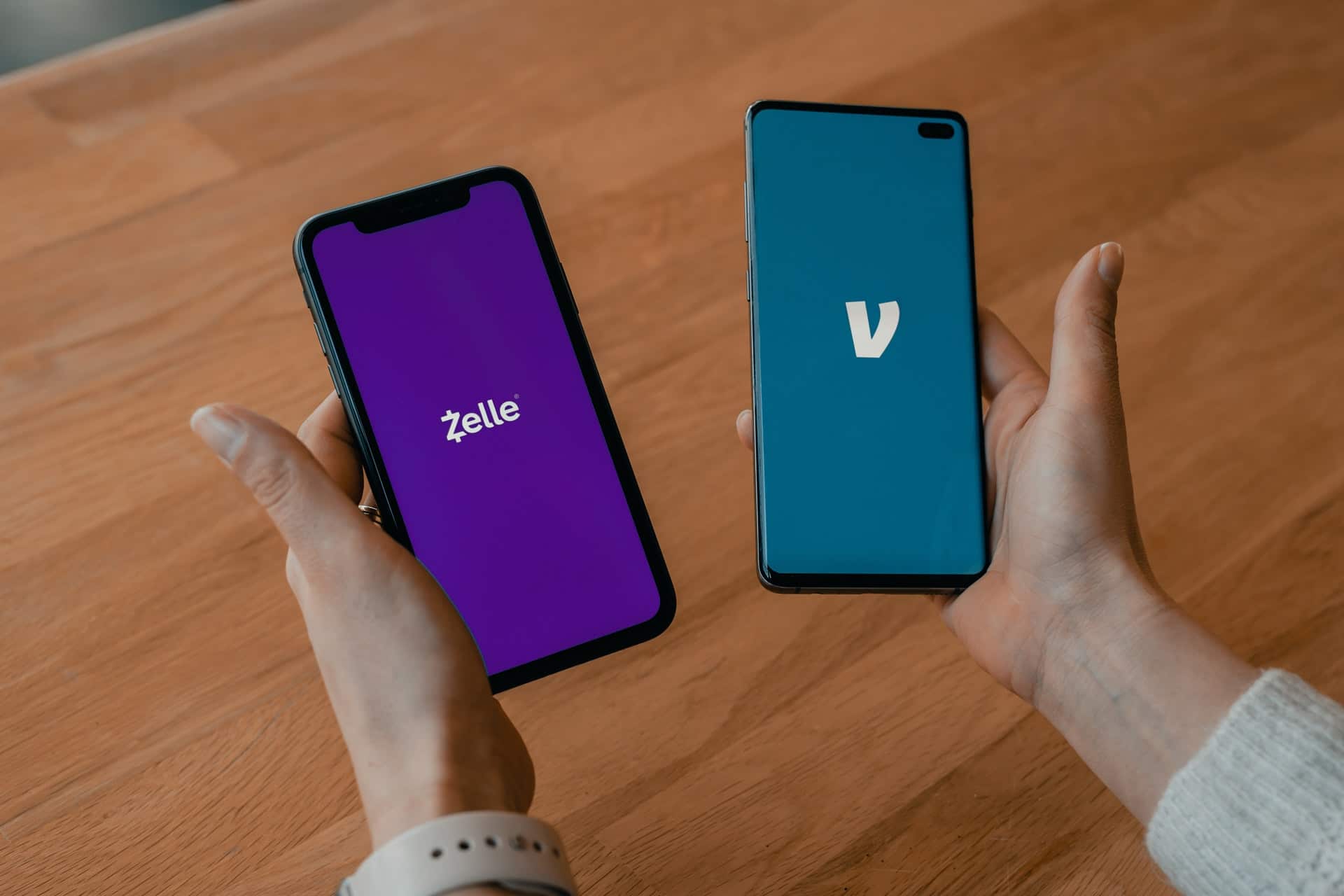Once you’ve decided you’re ready to invest, (if you’re still unsure, follow these steps), it’s time to decide what you want to invest in. You can invest in pretty much anything these days, so it’s a good idea to find out what interests you.
Funds
1. Mutual funds
A mutual fund is a great way to diversify your investments. When you invest in a mutual fund, your money is pooled with that of other investors and used to buy stocks, bonds and other assets. So instead of relying on the returns from just one investment, you’ll have a spread of different investments. Sometimes, you can choose a fund that only invests in certain companies, like tech or green energy. So you can be as niche as you like.
These are ideal if you’re saving for a long-term goal (such as retirement) or you don’t feel confident choosing your own investments. You’ll get exposure to the stock market’s solid investment returns without the stress of having to manage individual stocks.
2. Index funds
Index funds are types of mutual funds (which pool money from different investors to buy stocks, bonds and other assets) that track a particular market index. For example, it might hold stocks in the S&P 500. You get a fairly broad market coverage and it’s a hands-off way to invest.
Index funds tend to be less volatile than actively managed funds that try to beat the market, and they’re great for young investors who have a long-term timeframe. This is because you’d have time to allocate more of your portfolio to higher returning and higher risk stocks.
3. Exchange-traded funds (ETFs)
An exchange-traded fund (ETF) is made up of different assets like stocks and bonds. You buy it just like you would buy shares of an individual stock. It’s an easy way to diversify your investments and spread the risk. But bear in mind that some ETFs might be concentrated on a particular sector which could leave you exposed to financial downturns.
ETFs can be a great choice if you don’t have enough money to meet the normal minimum investment threshold, as they’re often cheaper than a mutual fund minimum.
4. Money market funds
When you invest in a money market fund, you’re buying a collection of high-quality, short-term government, bank or corporate debt. Be careful not to confuse these with money market accounts, which are a bit like savings accounts.
Money market funds are ideal if you’re willing to take a bit more risk with your money than with cash savings, whilst still wanting access to your money in the short term. But you won’t necessarily receive higher returns than other types of investments because money market funds are relatively low risk. Think of the growth as similar to that of a high-interest savings account.
Bonds
5. Government bonds
When you invest in a government bond, you’re essentially loaning money to the government in exchange for some interest and your money back at an agreed return date. The government can use your money for things like new projects or infrastructure over a set period of time (usually 1 – 30 years). Meanwhile, you’ll receive interest at regular intervals.
Bear in mind that because government bonds don’t require you to take much risk, you won’t receive as high a return as you would with other types of investments (like stocks, for example).
If you want to reduce or limit volatility in your portfolio, government bonds could be a good choice for you. If you’re approaching retirement age, for instance, bonds will allow you to receive decent returns on your money without worrying whether your investments will fluctuate in value with the highs and lows of the stock market.
6. Corporate bonds
Corporate bonds work in a similar way to government bonds, except you’re loaning money to a company instead. Because they’re backed by a company rather than the government, there’s more risk involved. So if you’re willing to take a bit more risk in exchange for higher returns, corporate bonds could be the right investment for you.
When you’re deciding which company to loan to, remember that the biggest risk is the company not being able to pay you the interest agreed or return your original money.
You can also buy mutual funds that invest only in corporate and / or government bonds, so a professional can manage which governments and companies you lend to.
Equity
7. Dividend stocks
A dividend is a portion of a company’s profits that’s paid out to investors, either in cash or shares. Dividend stocks are often associated with stable, profitable companies. They’re ideal for anyone looking for income or the potential for long-term returns.
If you’re a young investor, you might want to look into ‘dividend growers’. These are businesses with a strong track record of increasing their dividends, making them a lower risk investment. Or if you’re an older investor, you could look for stocks that pay consistent dividends – particularly those that pay dividends as cash.
In the UK, the current annual dividend allowance is £2,000. So you can receive £2,000 income from dividends tax-free.
Tax treatment depends on your individual circumstances and is subject to change in the future.
8. Individual dividend stocks
A stock is a share of ownership in a company. For example, many companies offer employees shares in the business when they start working as motivation.
Stocks are a double edged sword, as they offer the highest returns on your investment while being one of the most volatile things you can invest in. So as a rule of thumb, it’s best to keep individual stock investments to no more than 10% of your total portfolio. (This isn’t including any mutual funds you have that are invested in stocks.)
Alternatives
9. Alternative investments and cryptocurrencies
Alternative asset classes include cryptocurrencies (like Bitcoin and Ethereum), gold, silver, private equity, hedge funds, coins, stamps, alcohol and art. These became increasingly popular after the Great Recession. Particularly gold, which has successfully maintained its value over the agres, unlike paper currency.
But the difficulty with unregulated investments is they can be extremely volatile. You might want to consider alternative investments if you’re looking to diversify your portfolio and can afford to take the risk that comes with higher return investments.
10. Real estate
Traditionally, when you invest in real estate you buy a property with the hope of selling it later for a profit. But there are other, less complicated ways of navigating real estate without locking your money away in one property.
One way is through real estate investment trusts (REITs). These are companies that own income-generating properties (typically commercial spaces like hotels and offices) and offer regular dividend payments. You could also consider a real estate crowdfunding platform. For example, CrowdProperty pools investors’ money to invest in real estate projects.
Start investing on Claro with just £10
Claro is the UK’s first digital financial coach, designed to help you save and invest towards your goals. You can choose from hand-picked portfolios, invest in line with your values and get started with as little as £10.
All you need to do is download the Claro app and create an account. From there, we’ll ask you a few questions about your appetite for risk so we can match you to investments that are suitable for your situation.
Please note that Claro’s Financial Coaches do not offer financial advice.
Check out our portfolios:
- Conscious Lifestyle – This portfolio has been selected to only include funds with the highest graded Environmental, Social and Governance track records.
- American Allstars – This fund tracks the performance of the S&P Index, which is made of 500 of the largest companies in the US.
- Good Energy – Make a positive impact by investing in 30 companies leading the way in clean and green energy sources.
- Big Tech – Invest in companies like Apple and Microsoft that are constantly innovating and changing the way we live today.
- Mega Mix – This portfolio has been hand-picked to include some of the best business from across the globe.
- Great British Business – Own a slice of the best of British business including big names from health care, banks, supermarkets and more.
Whatever your financial goals, take a step towards reaching them by investing with Claro. Or if you’re not ready to make the jump just yet, start by finding out why we invest and learn the golden rules of investing.
When you invest, your capital is at risk.












